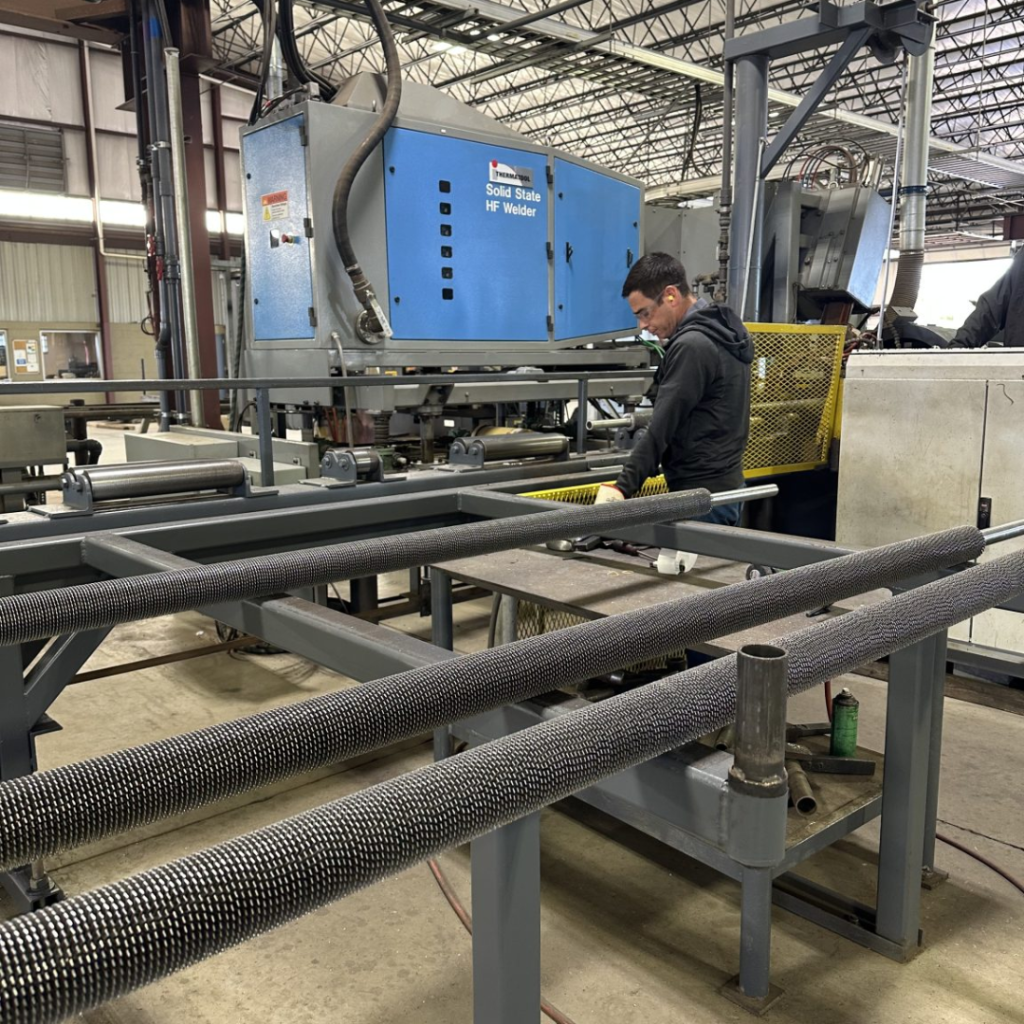
How Advanced Tubing Enhances Gas Transportation Efficiency
In today’s energy-driven world, efficient gas transportation plays a crucial role in meeting global demands. Whether it’s natural gas for heating or industrial gases for manufacturing, the infrastructure supporting this process must deliver reliability and optimization. At the heart of this infrastructure lies advanced tubing—an innovative solution reshaping how gas moves from point A to point B.
Let’s explore how cutting-edge advancements in tubing are transforming the gas transportation landscape, ensuring efficiency, safety, and sustainability.
The Core Challenges of Gas Transportation
Transporting gas across long distances, especially through pipelines, comes with significant challenges. One key issue is maintaining pressure levels to ensure consistent flow. Additionally, gas pipelines face risks like corrosion, thermal expansion, and mechanical wear.
Traditional tubing materials, while reliable in the past, often fall short under modern demands. The global push toward greener energy systems and cost reduction means the need for advanced tubing solutions is more critical than ever.
What Makes Tubing “Advanced”?
Advanced tubing isn’t just about material; it’s about performance. Tubes designed for gas transportation today use alloys or specialized coatings to enhance durability, minimize energy loss, and extend service life.
- Corrosion Resistance: Advanced tubing often features anti-corrosive properties, crucial when transporting gases that can be reactive or exposed to harsh environments.
- Thermal Conductivity: High-performance tubing maintains thermal stability, reducing the energy needed for temperature regulation.
- Strength and Flexibility: Innovations like finned tubing or reinforced designs allow systems to handle higher pressures without compromising structural integrity.
These enhancements don’t just improve efficiency; they make gas transportation systems safer and more environmentally friendly.
How Advanced Tubing Increases Efficiency
1. Minimized Pressure Loss
Pressure loss in gas transportation systems increases energy consumption and operational costs. Advanced tubing solutions reduce internal friction and ensure smoother gas flow. For instance, seamless tubing with polished interiors can significantly lower resistance, helping maintain optimal pressure levels throughout the pipeline.
2. Improved Heat Exchange
For certain gases, maintaining a specific temperature is critical. Tubing systems like finned tubes, which maximize heat exchange, can efficiently transfer thermal energy. This means less energy wasted and more consistent gas quality during transportation.
3. Extended Lifespan and Reduced Maintenance
Frequent repairs and replacements disrupt gas transportation systems and lead to higher costs. Tubes designed with advanced alloys or coatings resist wear and tear, requiring less maintenance over time. This longevity benefits operators by reducing downtime and enhancing overall system reliability.
The Role of Fin Tubes in Gas Transportation
One standout innovation in advanced tubing is the fin tube. These tubes feature extended surfaces or “fins” to maximize heat exchange efficiency. While they’re widely used in heating and cooling systems, fin tubes also play a pivotal role in gas transportation.
Fin tubes are ideal for handling temperature-sensitive gases or for applications where heat dissipation is necessary to prevent system strain. Their ability to balance thermal loads ensures consistent performance even in high-demand scenarios.
Sustainability Benefits of Advanced Tubing
As the energy industry shifts towards cleaner and more sustainable solutions, advanced tubing supports these goals by reducing waste and optimizing resource use. Here’s how:
- Energy Efficiency: By minimizing energy losses during transportation, advanced tubing reduces the carbon footprint of gas infrastructure.
- Reduced Material Usage: Long-lasting tubing systems mean fewer materials used for repairs and replacements, aligning with sustainability objectives.
- Support for Renewable Gas Transport: Advanced tubing is equipped to handle biogas or hydrogen, supporting the transition to renewable energy sources.
For example, the U.S. Department of Energy highlights hydrogen’s growing role in clean energy, emphasizing the need for infrastructure capable of safely and efficiently transporting this versatile gas. Advanced tubing solutions meet these demands, ensuring readiness for future energy challenges.
Why Tulsa Fin Tube Leads the Way
At Tulsa Fin Tube, we understand the critical role advanced tubing plays in gas transportation. With decades of experience, we specialize in creating innovative finned tubing systems that enhance efficiency, reduce operational costs, and promote sustainability.
Our solutions are designed to meet the diverse needs of modern energy systems, whether transporting natural gas, biogas, or specialty industrial gases. By leveraging state-of-the-art technology and superior craftsmanship, we provide tubing that stands the test of time.
Future Trends in Gas Transportation Tubing
The demand for smarter, more efficient tubing solutions continues to grow. Key trends include:
- Smart Monitoring Systems: Tubing equipped with sensors to monitor pressure, flow, and temperature in real-time.
- Hydrogen-Ready Infrastructure: Tubing solutions optimized for transporting hydrogen safely and efficiently.
- Advanced Manufacturing Techniques: The use of AI and precision engineering to create tubing with unparalleled performance and reliability.
Staying ahead of these trends will be vital for companies focused on innovation and sustainability in gas transportation.
By investing in advanced tubing, industries can revolutionize their gas transportation processes. This means higher efficiency, lower costs, and greater adaptability to future energy needs. Explore Tulsa Fin Tube’s solutions today and see how we can enhance your operations.
